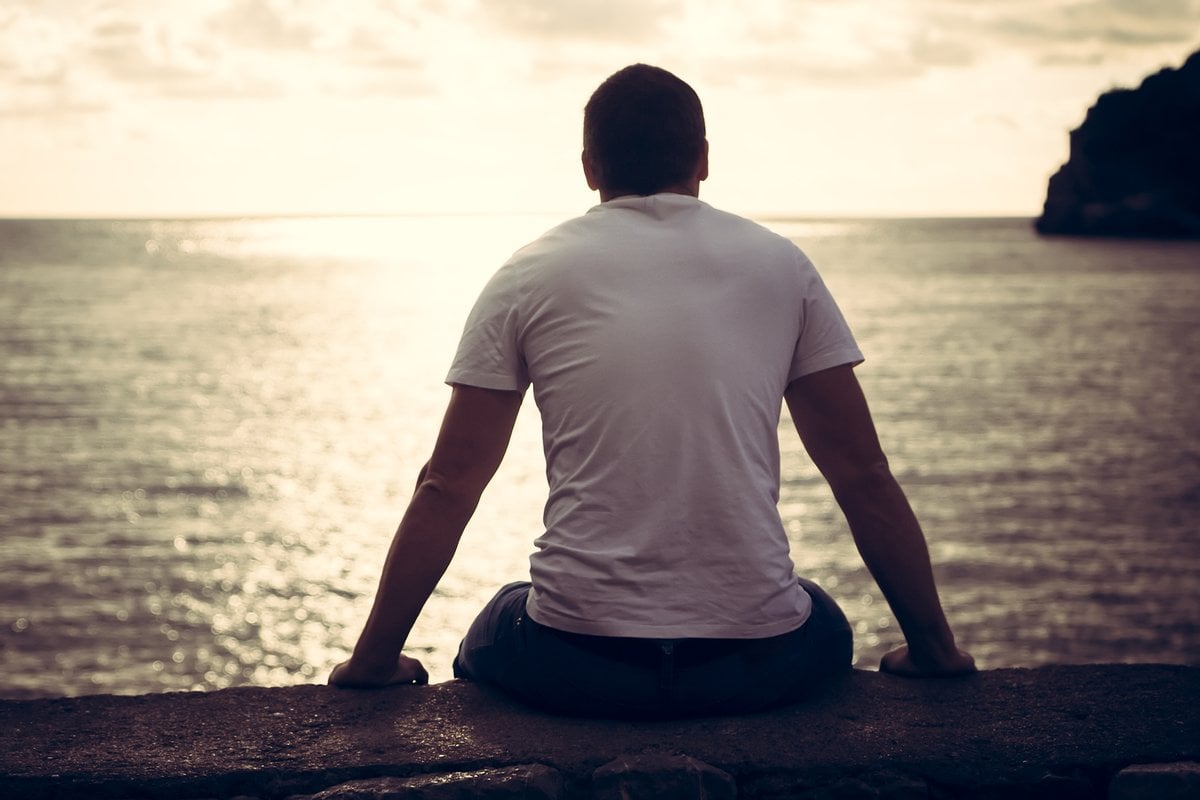
The saying that "you are only as happy as your unhappiest child" never felt truer for me than during the past several years of crisis management of my son’s mental health.
In his search to find happiness and his path in the adult world, he went on a self-destructive, rollercoaster journey that, unintentionally, I lived through vicariously.
As an empath (and his mother), there were many times I struggled to regulate the amount of his pain I absorbed as I watched him flounder. And, understandably, my over-involvement placed an inordinate amount of stress on my own health and the wellbeing of the rest of our family.
Watch: The five lifestyle hacks to help with your anxiety. Post continues below.
"Parenting is being forever cast into a relationship with a stranger. Does anyone know how to be in a permanent relationship with a stranger whom they’re supposed to love and nourish?" asks clinical psychologist, Dr Becky, in an article in The New York Times Magazine.
The fact that those shows on TV that reunite estranged family members are so popular is proof that there are a lot of parents out there with dysfunctional relationships with their adult children, from those who desperately want to be part of their children’s lives and are refused access, to those who must step away from their adult children for the sake of their own health.

Top Comments